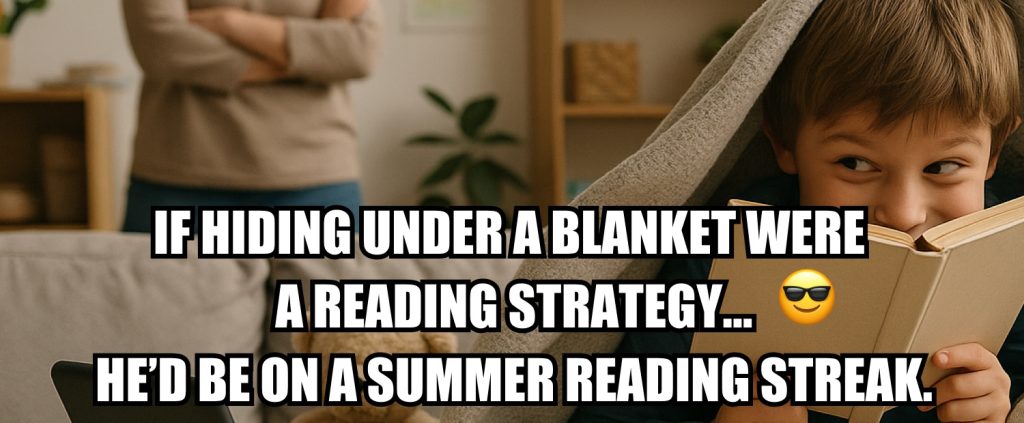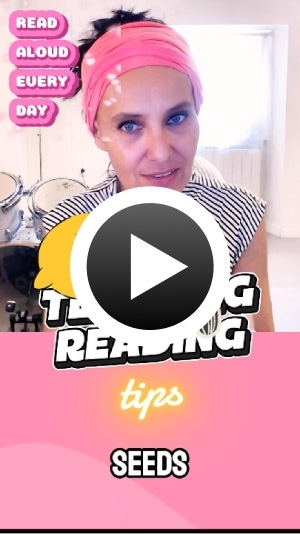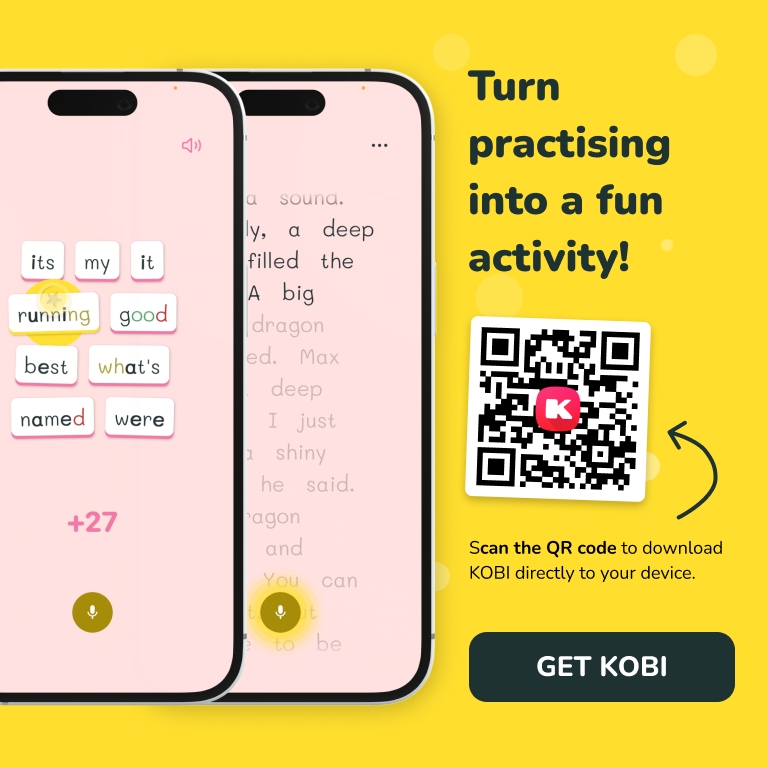Summary: What You’ll Learn in This Article
- Why some children resist reading, and what it really means
- How to reset the reading mindset from frustration to fun
- Evidence-based insights from the Science of Reading
- Practical strategies that make reading enjoyable again
- How the KOBI app motivates reluctant readers without pressure
You’re Not Alone: Many Homeschool Parents Face This
You sit down to read, and the groans begin. Your child stalls, sighs, negotiates, or outright refuses. Sound familiar? You’re not doing anything wrong—you’re just facing a common challenge: a child who dreads reading.
The good news? You can change the story.
Reading doesn’t have to feel like homework. With a few mindset shifts and the right support, even the most reluctant readers can grow to enjoy reading.

First, Rethink What Reading Should Feel Like
Reading should feel like discovery—a pathway to fun facts, silly stories, and big adventures. But when kids feel pressure to read fast, decode flawlessly, or meet rigid goals, they start associating reading with failure.
Instead, focus on curiosity over correctness. Create an atmosphere of play, not performance.
What the Science of Reading Tells Us
Scarborough’s Rope Model teaches us that reading success includes more than phonics and decoding. Kids also need:
- Background knowledge
- Verbal reasoning
- Motivation and confidence
When kids say they hate reading, it often means they’re:
- Overwhelmed by decoding tasks
- Lacking confidence from past struggles
- Not engaged by the material
The solution? Combine structure with emotional support.
How to Make Reading Feel Better at Home
1. Let Them Choose
Books, magazines, comics, audio stories—if it gets them engaged, it counts.
2. Make It Cozy
Set up a reading nook with pillows, bean bags, fairy lights, or a favorite stuffed animal.
3. Break the Rules
Read upside down on the couch. Try audiobooks in the bath. Use a flashlight under the covers.
4. Celebrate Micro-Wins
Reading one sentence? That’s a win. Saying a tricky word? High-five it.
5. Keep It Short and Sweet
Ten focused minutes beat an hour of nagging.

How KOBI Turns Reading into a Game
KOBI is built for kids who don’t love reading—yet.
Here’s how it shifts the dynamic:
Personalized KOBIfication:
Kids pick fonts, colors, and layouts they like—giving them ownership over the experience.
Interactive Read-Alouds:
In Together Mode, KOBI reads aloud and pauses for kids to read target words—like tag-teaming a story.
Magic Finger and Tap-to-Help:
Just a tap gives them the help they need. No hand-raising, no embarrassment.
WordBlaster Game:
Turns tricky words into tappable, blastable fun.
Motivating Feedback:
Stars, sounds, and progress bars that feel like rewards, not pressure.
KOBI meets reluctant readers where they are and gives them just enough success to want to keep going.
Why Homeschool Parents Love KOBI for Reluctant Readers
- No tears, just taps: Reading feels like a game, not a chore
- Built-in support: You don’t need to be the reading coach
- Flexible formats: Use it on a couch, in a car, or under a tent
- Small wins matter: Progress is visible and motivating



